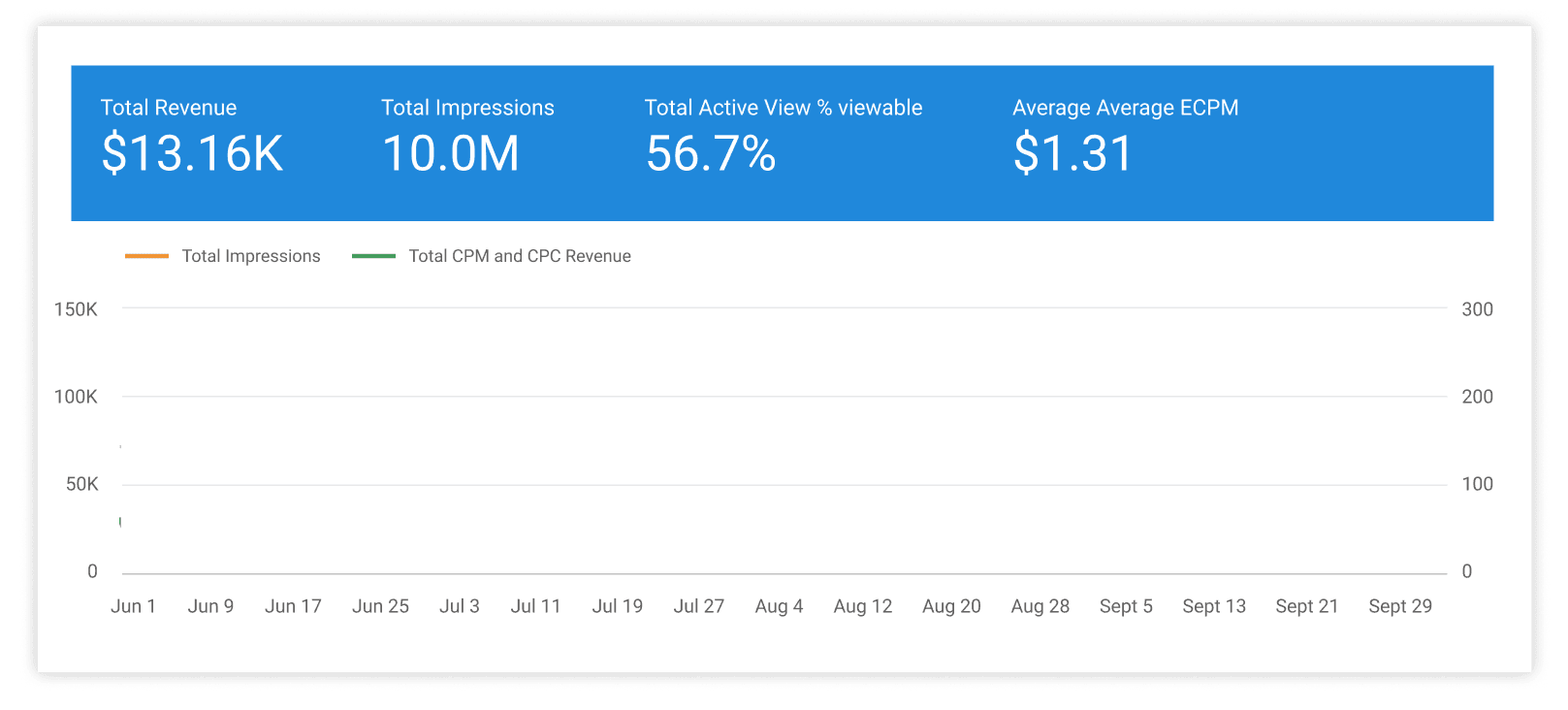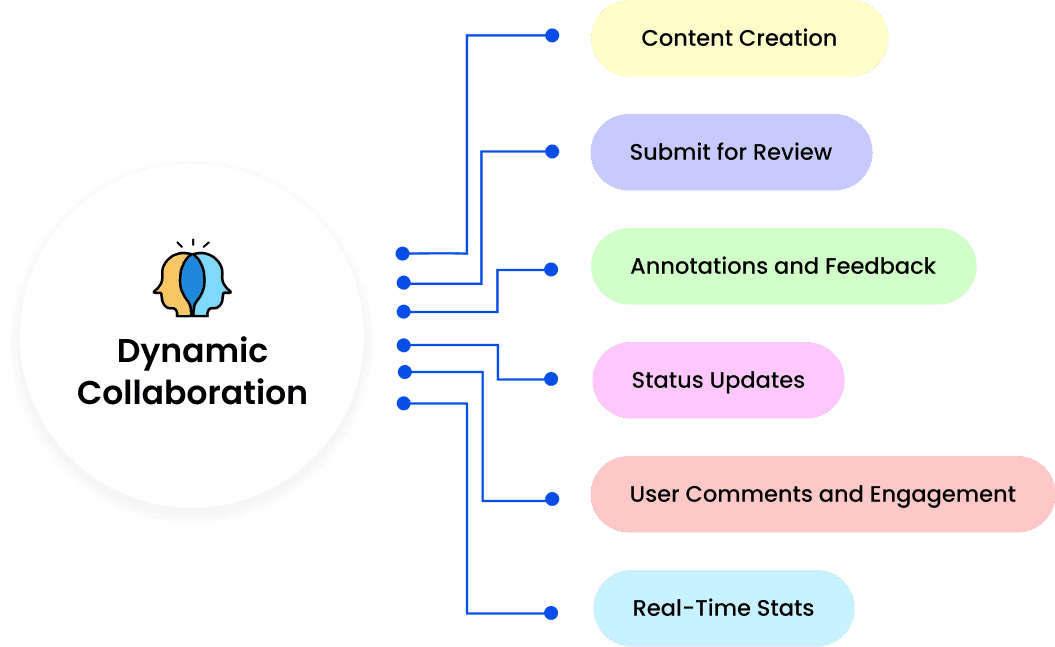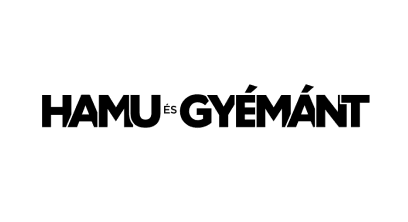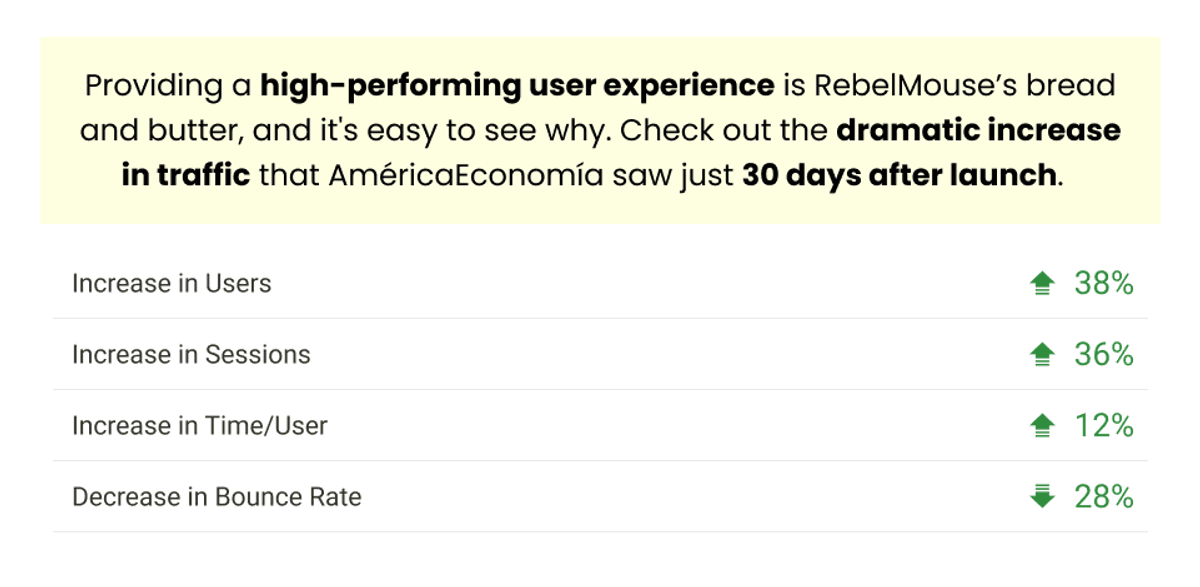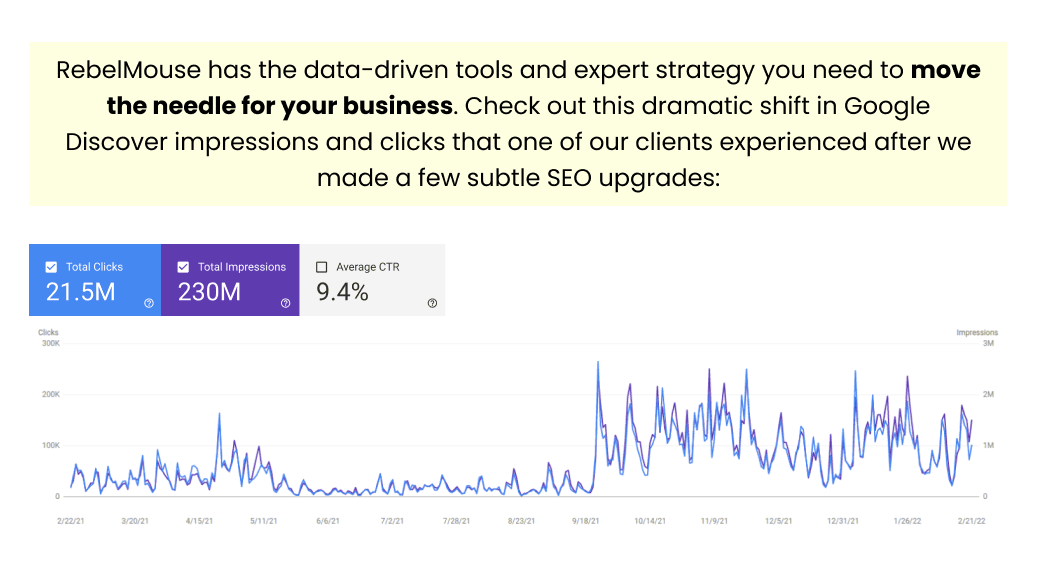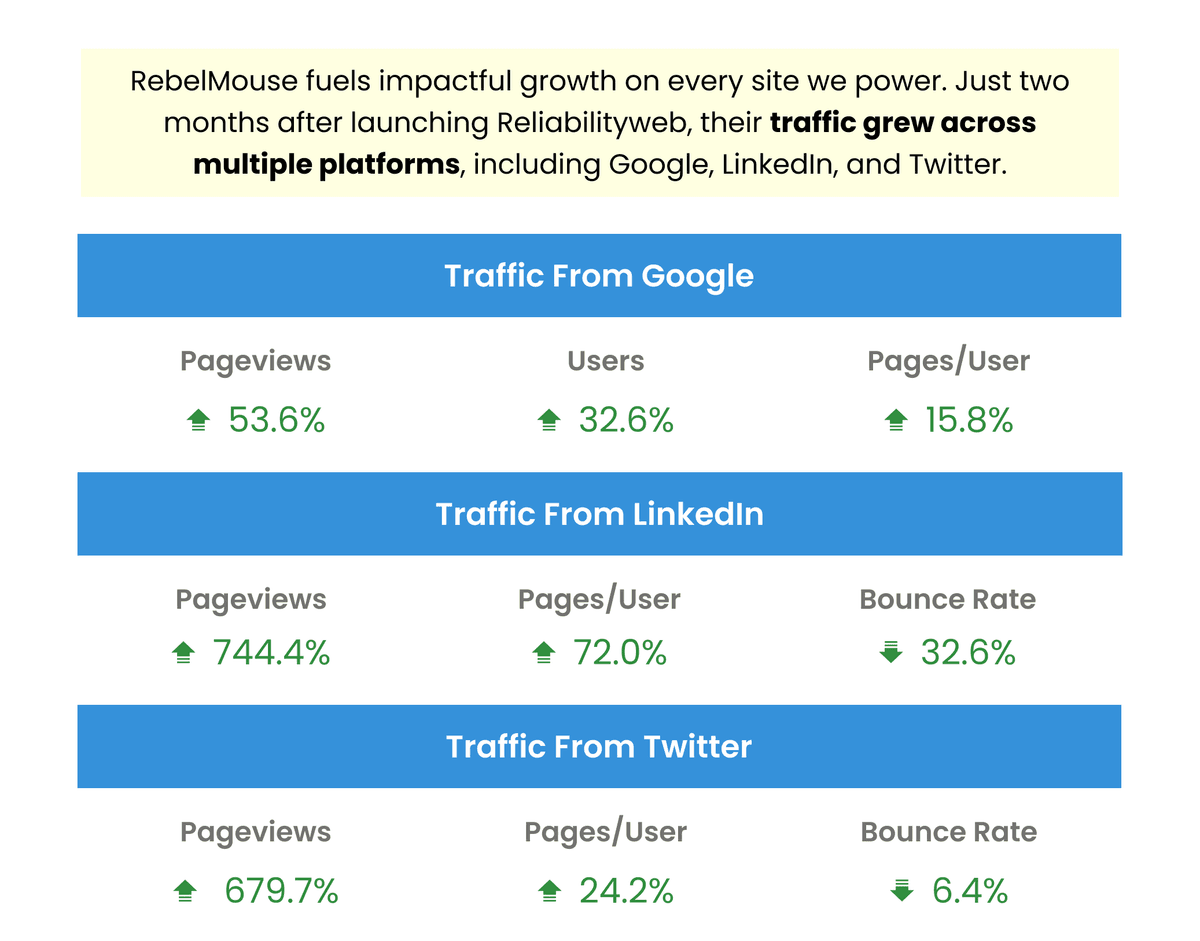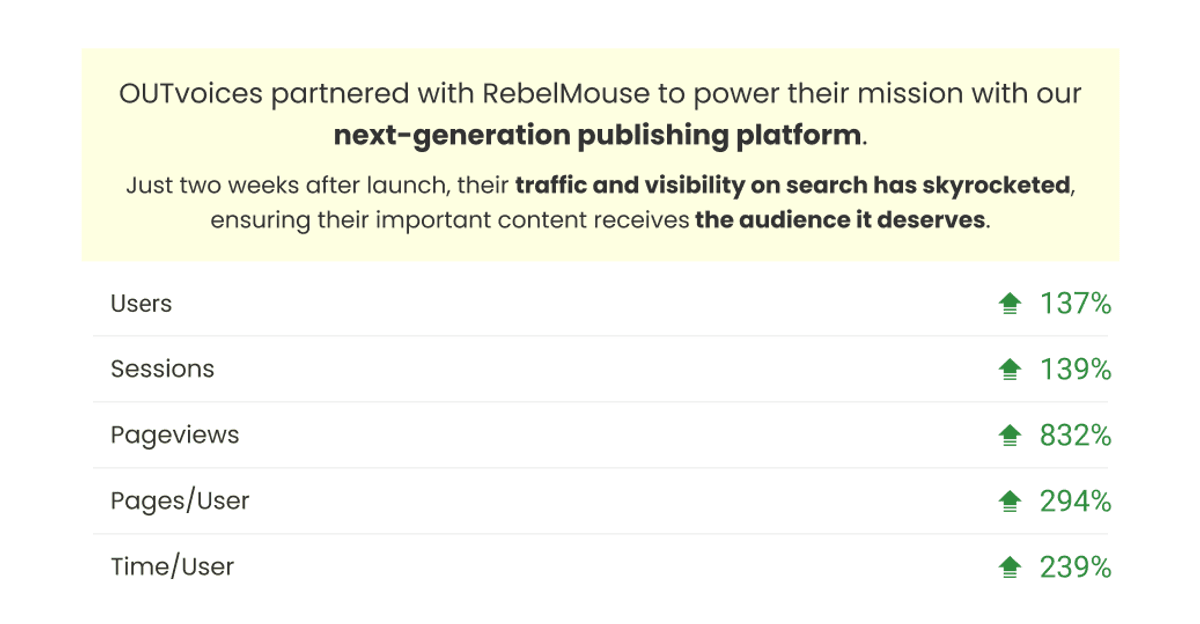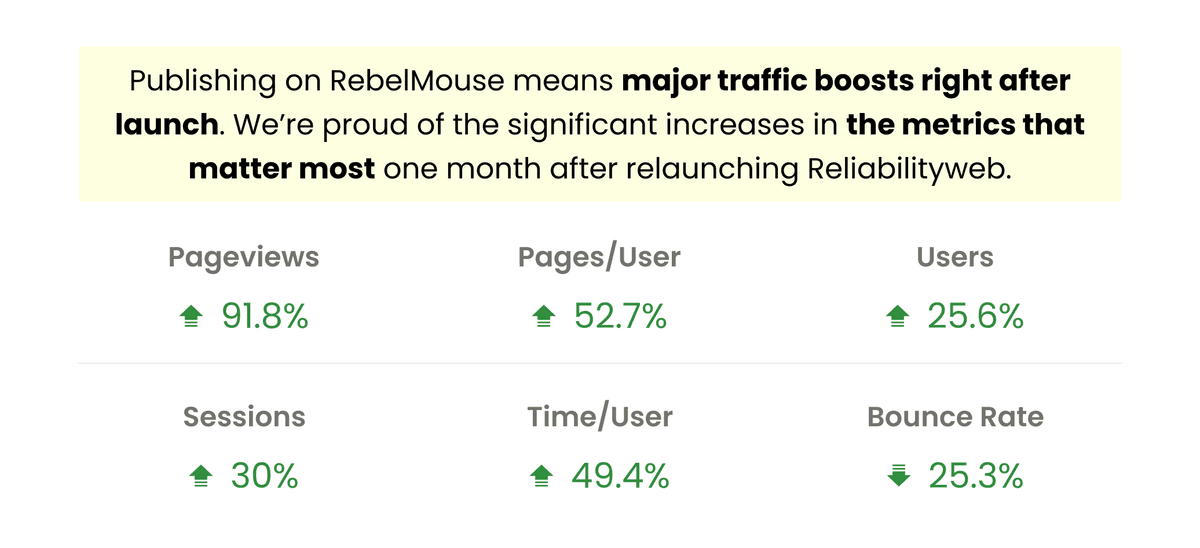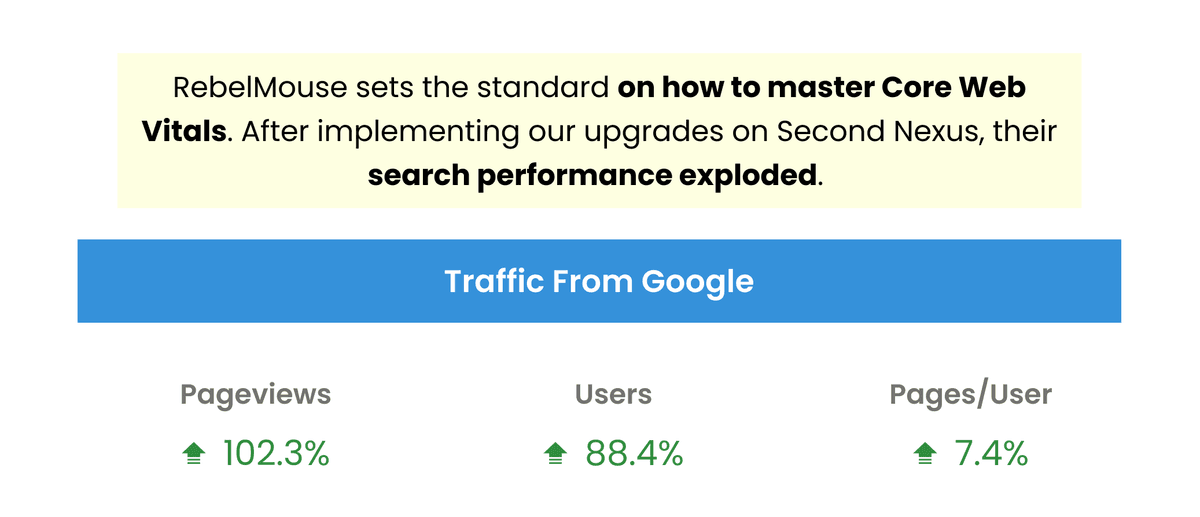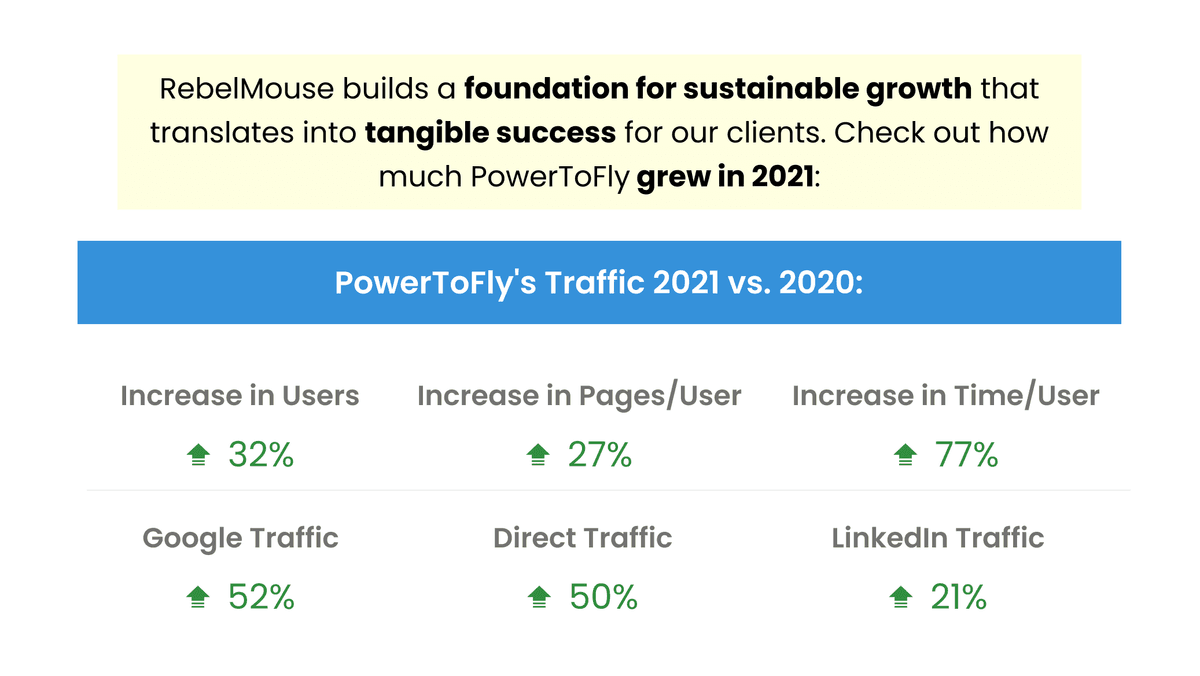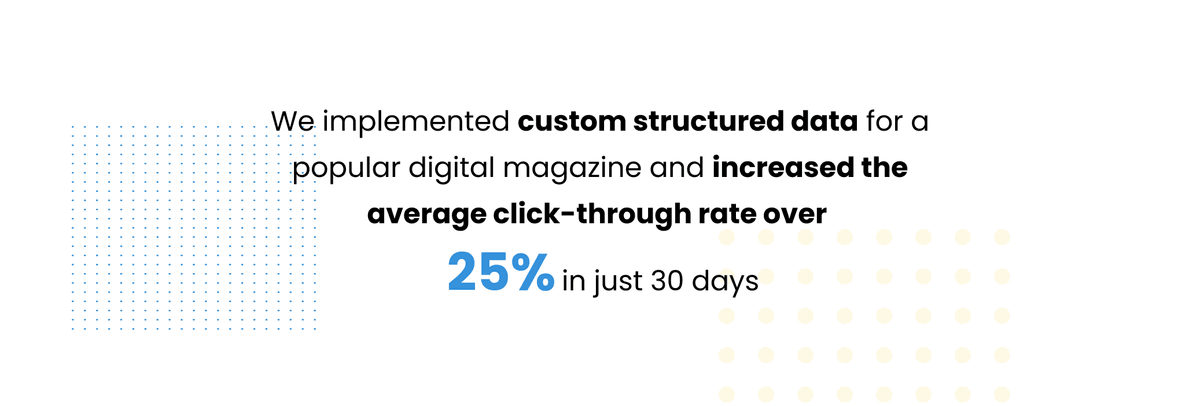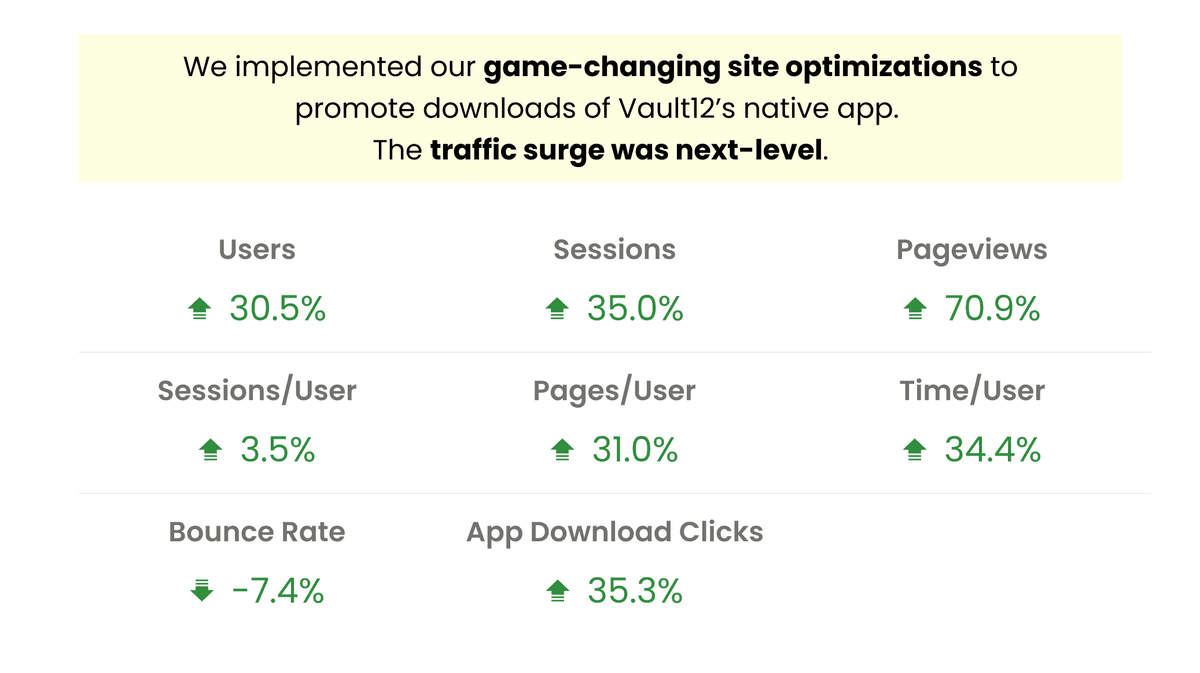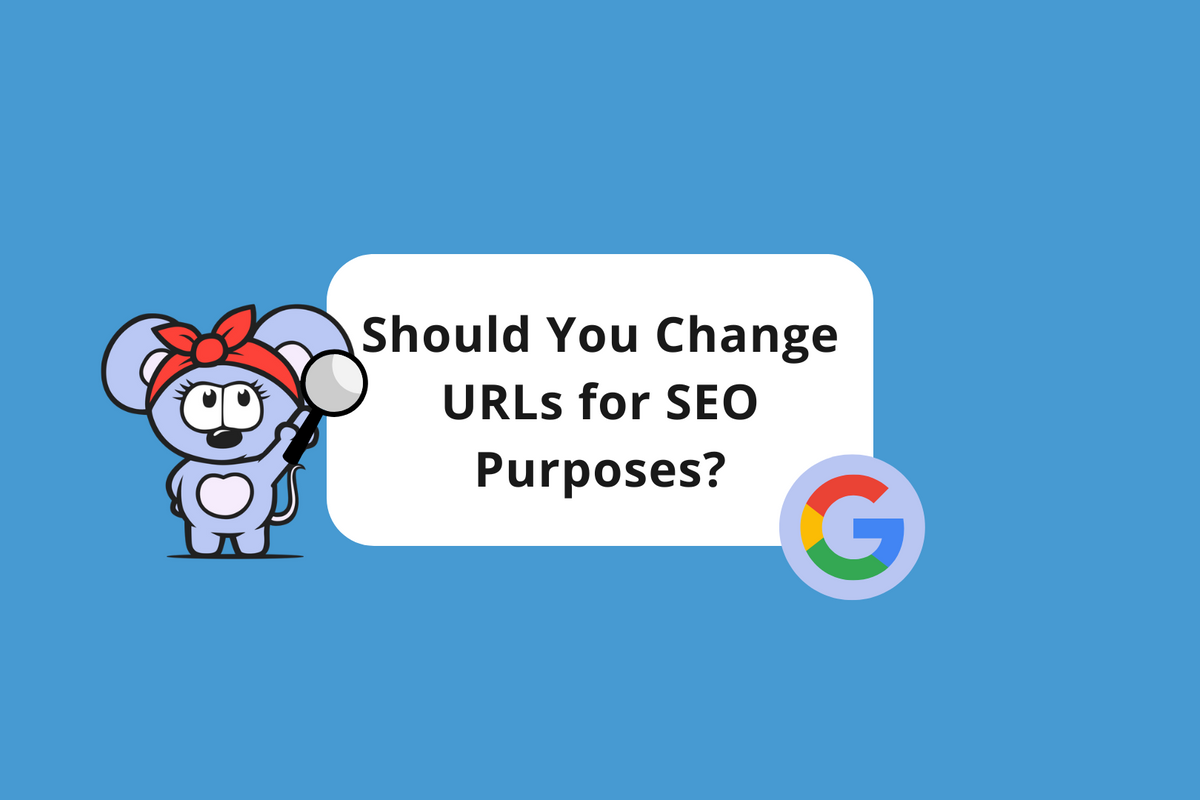
Google’s John Mueller said rewriting URLs for search does more harm than good
Every page on your site has a specific URL, and each one is a chance to give important details about your content to Google’s crawler. URLs are one of the most important ranking factors for search, and they’re also critical to maintaining a healthy site structure and hierarchy. That’s why nailing down a correct URL structure is important for your site’s SEO strategy.
Sites that have been around for a long time may have older links that don’t follow best practices around URL structure. Other sites may not have previously taken SEO seriously and have improper URLs on their site. So, should you change old URLs to make them more SEO friendly? According to Google’s Search Advocate John Mueller, changing URLs only for search purposes is a bad idea.
Mueller told curious users on both Twitter and Reddit that changing your URLs to improve SEO could actually hurt your site in the long run. Instead of rewriting URLs, Mueller suggests setting up redirects to your preferred URLs to avoid changing established links that have already been indexed by Google.
\u201c@_light_vader If you change URLs, you should do redirects per page. There's no maximum number of redirects per site. Also, likely you're shooting yourself in the foot for a while for no visible gain. Change URLs for real reasons, not for handwavy "good for SEO" reasons.\u201d— Salman (@Salman) 1664358091
What Makes a “Good” URL?
If you do decide to set up redirects, make sure you’re setting up a URL structure that makes sense for your site’s content and, more importantly, is easy for readers to understand. Tadeusz Szewczyk put together some great examples of good and bad URLs over at Search Engine Land .
Good, search-friendly URL structures are short and descriptive, like this:
- example.com/post-title
- example.com/topic/post-title
- example.com/topic/sub-topic/post-title
It’s important to note that Google recommends using hyphens (-) instead of underscores (_) in URLs. And if you have multiple pages about the same topic, use canonical URLs .
Unpreferred URLs are often too long and contain more numbers than descriptive words, like this:
- example.com/p?=123
- example.com/2022/11/01/post-title
- example.com/keyword1-keyword2/keyword1/keyword2-keyword1
- example.com/category/sub-category/topic/sub-topic/very-long-headline-that-does-not-really-have-to-be-added-to-url?id=123456789
The best way to double-check that your URL is set up for search success is to make sure it is readable. You want any new users to know exactly what the content is about just from looking at the URL. Here’s a good chart on URL readability from Moz :
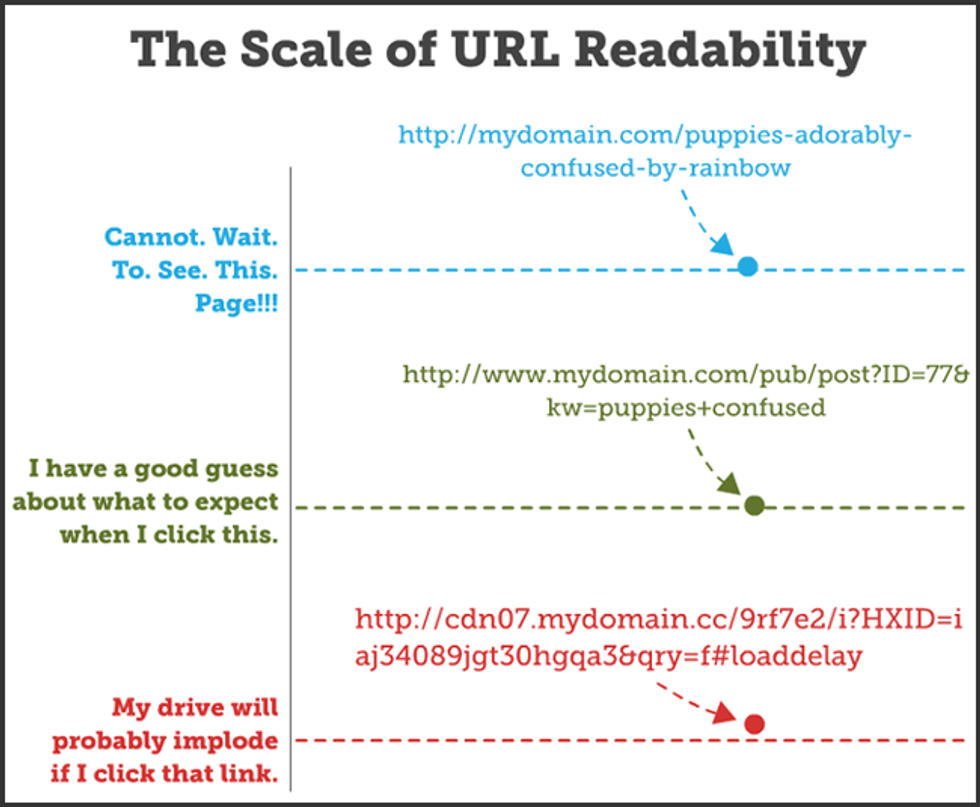
Make Sure Every URL Is Readable From the Start
Maintaining a healthy URL structure for every page on your site can be time consuming, especially on top of maintaining content and making sure you’re always checking everything else off of your SEO checklist .
RebelMouse is a modern CMS that makes it easy to create search-friendly URLs from the start. You can set up your site’s URL right from our editing interface:
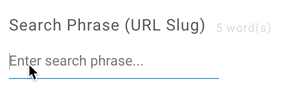
Plus, if you have undesirable URLs that you need to set up redirects for, it can all be taken care of and easily managed using our redirect dashboard :
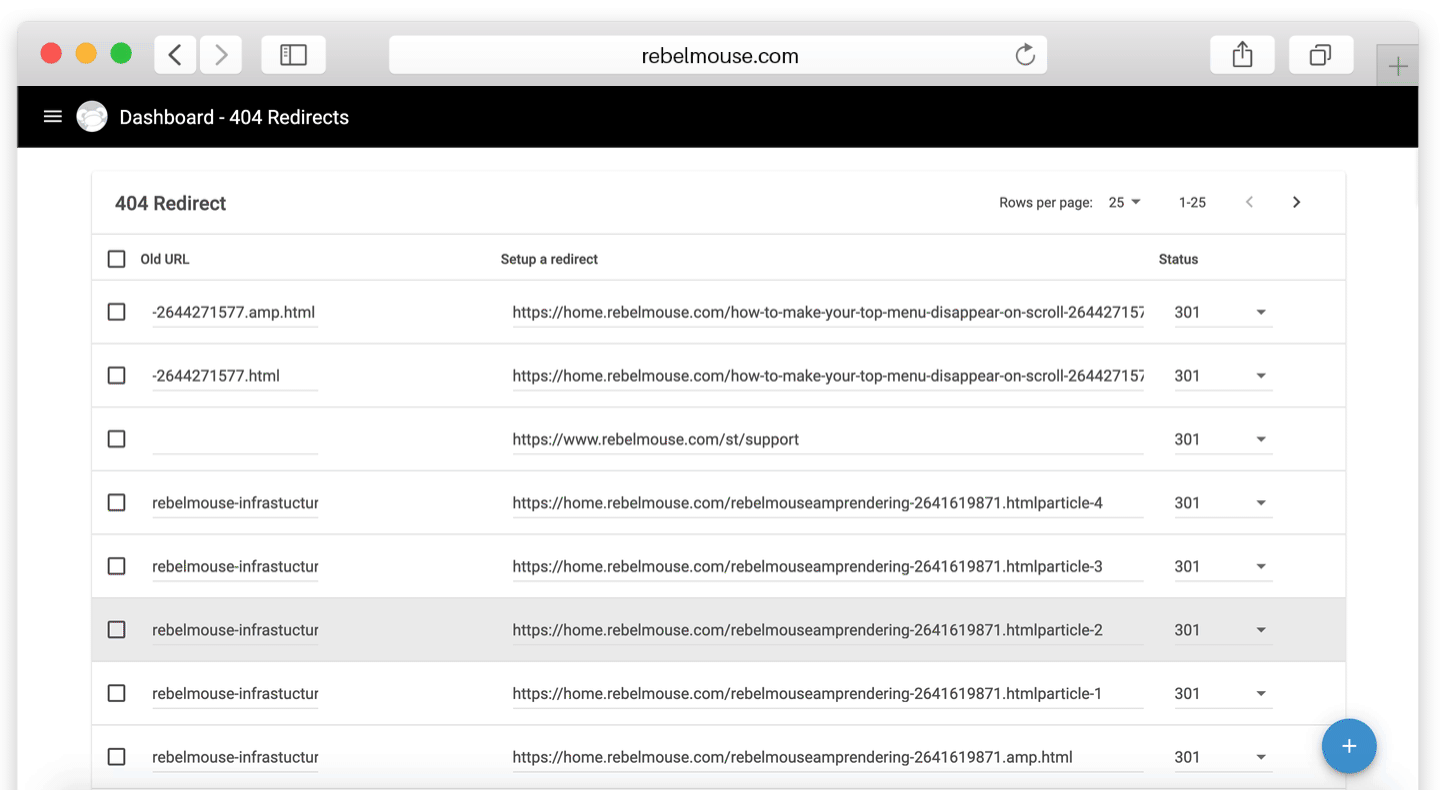
These are just a few of the features of our game-changing SEO tools that will ensure your content is set up for SEO success.
Click here to learn more about how we optimize websites for search. Request a proposal from us today so that we can start working together.






























